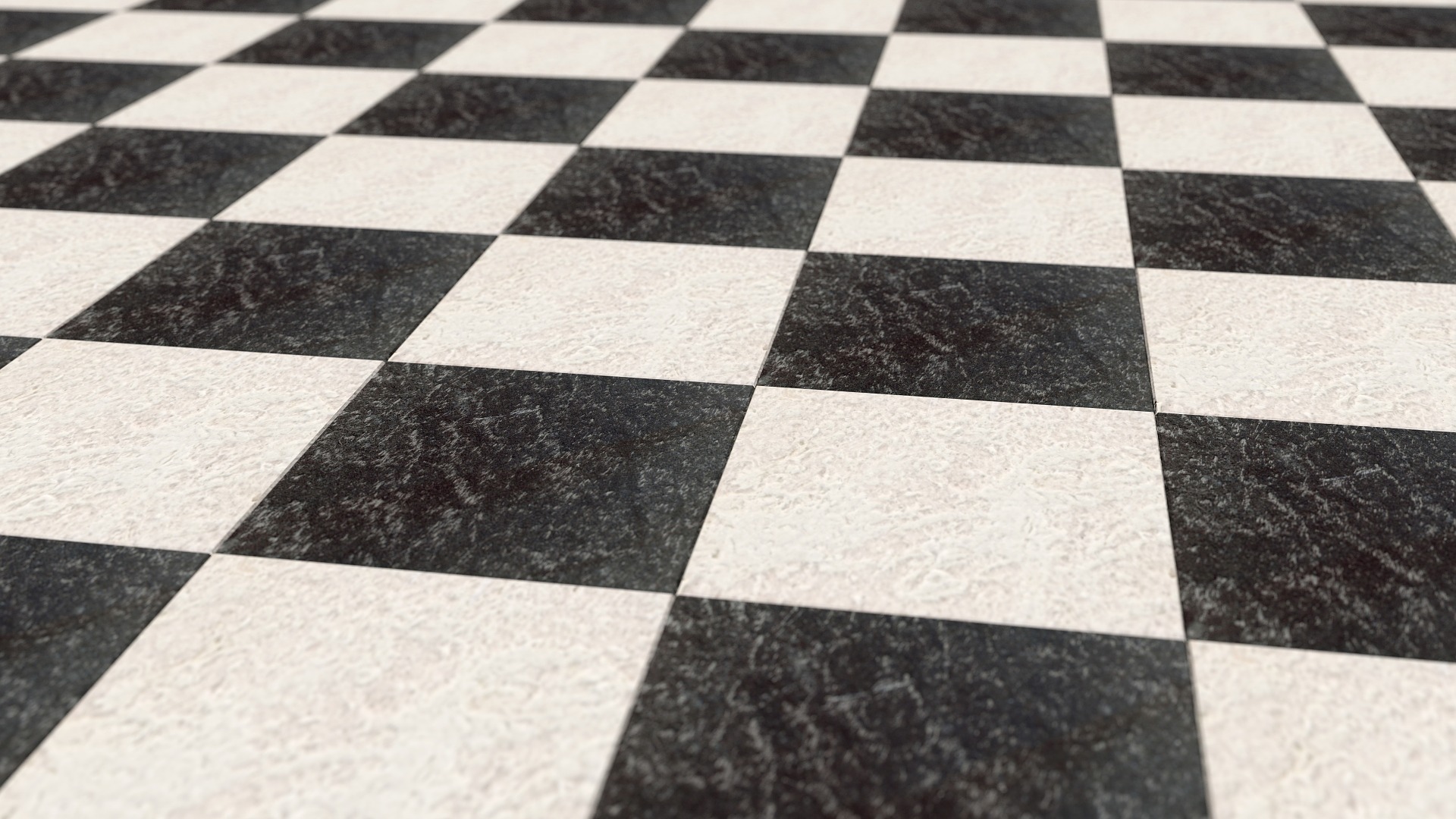
Artificial intelligence in Go
Chess is the oldest and longest-running war game in the world, considered by many to be THE game. The 64 squares of the board can create billions of combinations and, for years, only the best minds have been able to devise winning strategies. Knowledge of the game and its mechanics and a strong strategic spirit were the main characteristics of a good chess player, until the arrival of AI. We have already told you about the evolution of AlphaZero and StockFish and how artificial intelligence has revolutionized the game (https://www.pccube.com/chess-e-computer-il-curioso-caso-alphazero/): the computing power of computers allows you to evaluate the combos and possible evolutions of a game, always making the most advantageous choice.
But what if the chessboard was not 8×8, but 19×19?
Let’s move on from chess, the most famous war game in history, to what is considered the most complex game ever, Go. Go is a game of Chinese origin and is developed on a 19×19 grid, the Goban: i two players have pawns at their disposal which can be placed at the intersections between the grid lines. The aim of the game is to create closed perimeters, possibly incorporating the opponent’s pieces. Each time a perimeter is closed, points are scored. A game so complex that for years people had even stopped playing, but which is able to show the intuition, technique and imagination of the contenders.
In certain parts of the world Go is considered a real institution and everyone, from the oldest to the smallest, are Go players. Clearly, if an 8×8 chessboard gives life to a huge possibility of combinations to be calculated, a 19×19 can only complicate things.
However, while chess players surrendered fairly quickly to computer supremacy, a whole other attitude was shown by the Go community.
The advent of the first artificial intelligence experiments linked to Go was almost taken with ridicule, especially by the South Koreans who can boast world champion Lee Se-Dol.
When the technology team that developed Go’s expert AI was ready to challenge the world champion, they weren’t spared the press conferences in which Lee Se-Dol himself showed a lot of lightness in considering his virtual opponent. In a best-of-five match, Lee Se-Dol said he was undecided about the final score: he did not know if he would win 5 to 0 or 4 to 1, the human experience was in fact not beatable from a computer.
The challenge begins and Lee Se-Dol soon finds himself having to re-evaluate his initial prediction, losing the first match. Not yet convinced of the ability of AI, at this point in the contest the world champion declares that the chances of winning are now 50 and 50. The first match was fought and looked a lot like a classic Go game, but it is the second game to have made the history of the game.
After 2-0 Lee Se-Dol’s face was destroyed. 30 national, 18 international and 1 continental titles weren’t enough to understand what had happened. As often happens, the computing power of AI had revolutionized the game: its moves were not understandable to man and the defeat came without even understanding how. The 3 to 0 also comes quickly.
At this point the story was done: the AI had solved the game and beaten the world champion who, now defeated, sat down to face the fourth challenge in a much lighter way. In the press conference of the third game Lee Se-Dol praised the development team, admitting that what he witnessed was truly something incredible.
And only the unbelievable can answer the unbelievable, you can’t become world champion of a game 19 times without a fight.
Challenge 4 sees Lee victorious. More calm and relaxed, without the weight of Korea on his shoulders, Lee finds himself at a severe disadvantage in the fourth match. The development team watches the game from the back end, so they can see not only the moves, but also the forecasts and calculations of the AI which estimates the victory percentages of the two contenders in each round. Lee Se-Dol arrives at move 78 and makes a decision that the technology team will call “God Move”: the probability that a human being would make that choice, which would then have allowed victory, was 1 in 10,000; an absolute stroke of genius that earned the satisfaction and relief of an entire nation.
Situation that is not repeated in the fifth match and challenge that ends 4 to 1.
An incredible AI application that, through the considerations and results of the protagonists in the game, tells us a story we already know: we are used to imagining a Hollywood artificial intelligence, with robots and computers that threaten men, but the reality is well different. At the moment, people who have had to deal with an AI are delighted by the greater perspectives that this has been able to give: Lee Se-Dol has won all the tournaments played after the challenge with the computer, understanding new aspects, logic and dynamics of the game he loved. AI allowed him to open an incredible new chapter in his career that, on his own, he probably would never have had access to.








